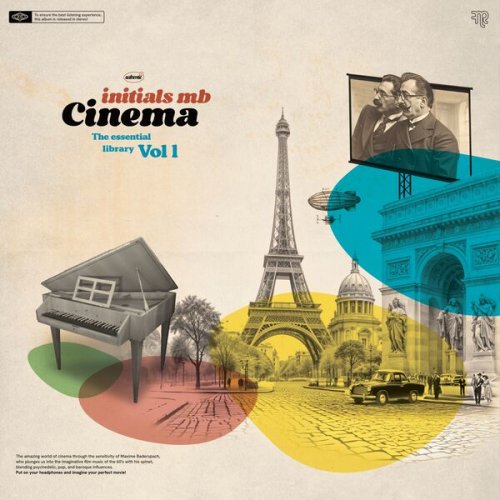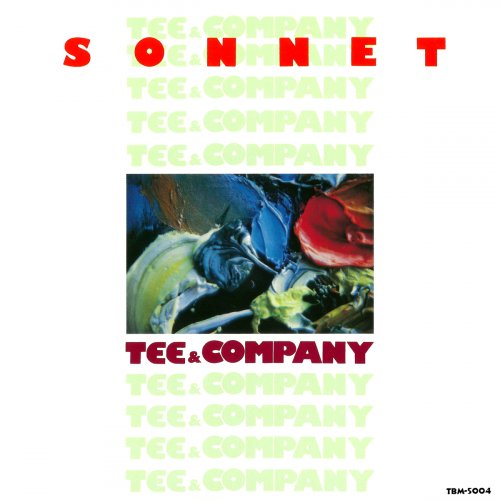Green Day - American Idiot (2012) [Hi-Res]
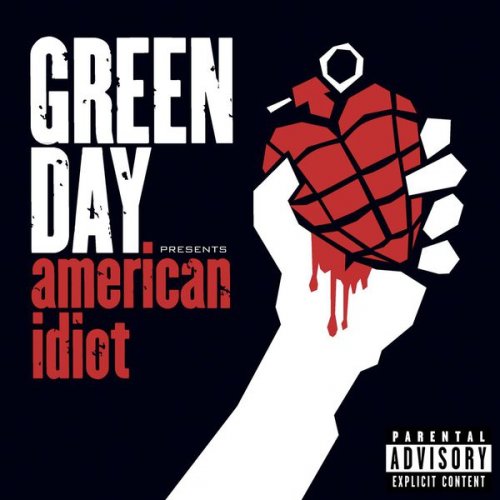
Artist: Green Day
Title: American Idiot
Year Of Release: 2004 / 2012
Label: Reprise
Genre: Rock
Quality: FLAC (tracks) [192kHz/24bit]
Total Time: 57:20
Total Size: 2.16 GB
WebSite: Album Preview
Tracklist:Title: American Idiot
Year Of Release: 2004 / 2012
Label: Reprise
Genre: Rock
Quality: FLAC (tracks) [192kHz/24bit]
Total Time: 57:20
Total Size: 2.16 GB
WebSite: Album Preview
01 American Idiot (2:54)
02 Jesus Of Suburbia (9:08)
03 Holiday (3:52)
04 Boulevard Of Broken Dreams (4:20)
05 Are We The Waiting (2:42)
06 St. Jimmy (2:56)
07 Give Me Novacaine (3:25)
08 She's A Rebel (2:00)
09 Extraordinary Girl (3:33)
10 Letterbomb (4:05)
11 Wake Me Up When September Ends (4:45)
12 Homecoming (9:18)
13 Whatsername (4:14)
It's a bit tempting to peg Green Day's sprawling, ambitious, brilliant seventh album, American Idiot, as their version of a Who album, the next logical step forward from the Kinks-inspired popcraft of their underrated 2000 effort, Warning, but things aren't quite that simple. American Idiot is an unapologetic, unabashed rock opera, a form that Pete Townshend pioneered with Tommy, but Green Day doesn't use that for a blueprint as much as they use the Who's mini-opera "A Quick One, While He's Away," whose whirlwind succession of 90-second songs isn't only emulated on two song suites here, but provides the template for the larger 13-song cycle. But the Who are only one of many inspirations on this audacious, immensely entertaining album. The story of St. Jimmy has an arc similar to Hüsker Dü's landmark punk-opera Zen Arcade, while the music has grandiose flourishes straight out of both Queen and Rocky Horror Picture Show (the '50s pastiche "Rock and Roll Girlfriend" is punk rock Meat Loaf), all tied together with a nervy urgency and a political passion reminiscent of the Clash, or all the anti-Reagan American hardcore bands of the '80s. These are just the clearest touchstones for American Idiot, but reducing the album to its influences gives the inaccurate impression that this is no more than a patchwork quilt of familiar sounds, when it's an idiosyncratic, visionary work in its own right. First of all, part of Green Day's appeal is how they have personalized the sounds of the past, making time-honored guitar rock traditions seem fresh, even vital. With their first albums, they styled themselves after first-generation punk they were too young to hear firsthand, and as their career progressed, the group not only synthesized these influences into something distinctive, but chief songwriter Billie Joe Armstrong turned into a muscular, versatile songwriter in his own right. Warning illustrated their growing musical acumen quite impressively, but here, the music isn't only tougher, it's fluid and, better still, it fuels the anger, disillusionment, heartbreak, frustration, and scathing wit at the core of American Idiot. And one of the truly startling things about American Idiot is how the increased musicality of the band is matched by Armstrong's incisive, cutting lyrics, which effectively convey the paranoia and fear of living in American in days after 9/11, but also veer into moving, intimate small-scale character sketches. There's a lot to absorb here, and cynics might dismiss it after one listen as a bit of a mess when it's really a rich, multi-faceted work, one that is bracing upon the first spin and grows in stature and becomes more addictive with each repeated play. Like all great concept albums, American Idiot works on several different levels. It can be taken as a collection of great songs -- songs that are as visceral or as poignant as Green Day at their best, songs that resonate outside of the larger canvas of the story, as the fiery anti-Dubya title anthem proves -- but these songs have a different, more lasting impact when taken as a whole. While its breakneck, freewheeling musicality has many inspirations, there really aren't many records like American Idiot (bizarrely enough, the Fiery Furnaces' Blueberry Boat is one of the closest, at least on a sonic level, largely because both groups draw deeply from the kaleidoscopic "A Quick One"). In its musical muscle and sweeping, politically charged narrative, it's something of a masterpiece, and one of the few -- if not the only -- records of 2004 to convey what it feels like to live in the strange, bewildering America of the early 2000s. ~ Stephen Thomas Erlewine
Related Releases:
![Martin Fabricius & Chris Lavender - The Speed of Why (2010) [Hi-Res] Martin Fabricius & Chris Lavender - The Speed of Why (2010) [Hi-Res]](https://www.dibpic.com/uploads/posts/2026-02/1771254824_cover.jpg)
![Hyper Elastic Jinx - We Vote Force Majeure (2026) [Hi-Res] Hyper Elastic Jinx - We Vote Force Majeure (2026) [Hi-Res]](https://www.dibpic.com/uploads/posts/2026-02/1771485115_cover.jpg)
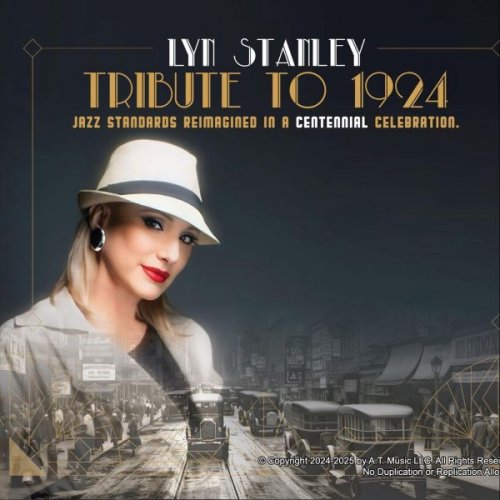
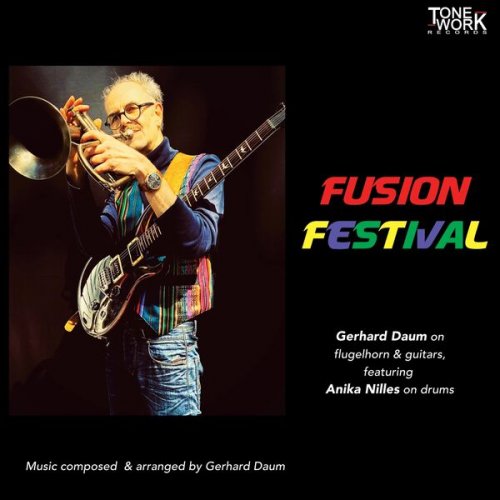

![Manu Delago & Max ZT - Deuce (2026) [Hi-Res] Manu Delago & Max ZT - Deuce (2026) [Hi-Res]](https://img.israbox.com/img/2026-02/19/v5s18xsisjkqnsg5od9qlgck5.jpg)
